Being depressed may not be an ‘illness’
A fantastic video on the Guardian today about how women are being over-prescribed anti-depressants, when fluctuations in mood and anxiety levels are quite natural, and can sometimes be explained by your circumstances.


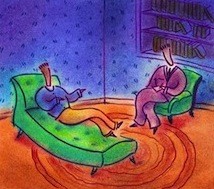 A survey by the British Association for Counselling and Psychotherapy (BACP) has found that talking therapies are becoming more acceptable in UK culture, people are less embarrassed to admit they have had therapy, and more would consider it as an option than they used to.
A survey by the British Association for Counselling and Psychotherapy (BACP) has found that talking therapies are becoming more acceptable in UK culture, people are less embarrassed to admit they have had therapy, and more would consider it as an option than they used to.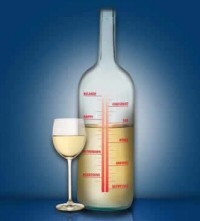 As if you needed another excuse to have a drink. Now researchers in Spain have conducted a study of 40 000 people and found that those who drank alcohol regularly tended to have a lower risk of a heart attack than those who were teetotal (particularly for men over the age of 40). And the more you drink, the greater the protective effect.
As if you needed another excuse to have a drink. Now researchers in Spain have conducted a study of 40 000 people and found that those who drank alcohol regularly tended to have a lower risk of a heart attack than those who were teetotal (particularly for men over the age of 40). And the more you drink, the greater the protective effect. A recent research study published in the Journal of Technology in Human Services has demonstrated the effectiveness of online psychotherapy for mental health problems.
A recent research study published in the Journal of Technology in Human Services has demonstrated the effectiveness of online psychotherapy for mental health problems.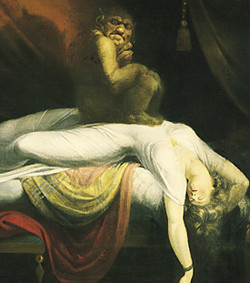 Many of you will say that you need a drink in order to sleep, that alcohol actually helps you sleep better. While it may be true that drinking will get you off to sleep quicker, unfortunately the quality of your sleep will be much worse overall.
Many of you will say that you need a drink in order to sleep, that alcohol actually helps you sleep better. While it may be true that drinking will get you off to sleep quicker, unfortunately the quality of your sleep will be much worse overall. An important factor in solving your problems with alcohol is talking to other people who understand what you’re going through, who won’t judge you for it, and who will genuinely share their experience without just trotting out the old clichés about drinking.
An important factor in solving your problems with alcohol is talking to other people who understand what you’re going through, who won’t judge you for it, and who will genuinely share their experience without just trotting out the old clichés about drinking.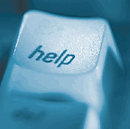 Luckily there is now the option of communicating online, where the screen can grant you a cloak of anonymity. As such you can join our
Luckily there is now the option of communicating online, where the screen can grant you a cloak of anonymity. As such you can join our 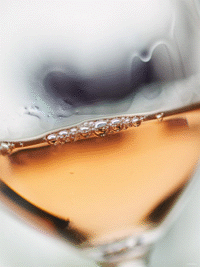 According to figures released today by the NHS:
According to figures released today by the NHS: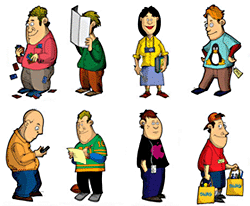 The Department of Health has released research where they have identified nine different types of person who drinks alcohol to excess (their definition of excess being double the recommended weekly amount or more).
The Department of Health has released research where they have identified nine different types of person who drinks alcohol to excess (their definition of excess being double the recommended weekly amount or more). Everyone has their own little hangover cure don’t they. There must be thousands of them out there, but how many actually work? The truth is different people probably need different things to help them, depending on their individual constitution.
Everyone has their own little hangover cure don’t they. There must be thousands of them out there, but how many actually work? The truth is different people probably need different things to help them, depending on their individual constitution.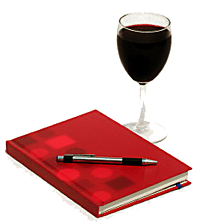 This week the
This week the  Oh dear, the BBC reported today that UK police crime figures have shown a
Oh dear, the BBC reported today that UK police crime figures have shown a  The British Medical Association released a report last week that the UK is currently experiencing an alcohol epidemic. Hospital admissions due to alcohol are increasing dramatically (
The British Medical Association released a report last week that the UK is currently experiencing an alcohol epidemic. Hospital admissions due to alcohol are increasing dramatically (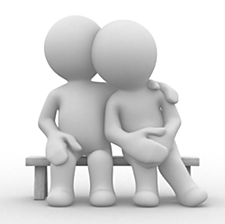 We’ve now opened our free
We’ve now opened our free 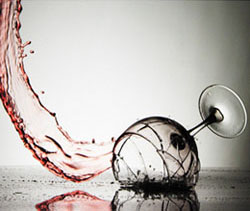 A recent
A recent 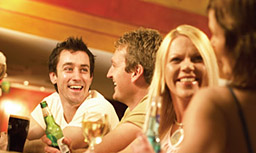 One of the biggest difficulties people face when they’re
One of the biggest difficulties people face when they’re  An interesting study by Hertfordshire University recently discovered that
An interesting study by Hertfordshire University recently discovered that